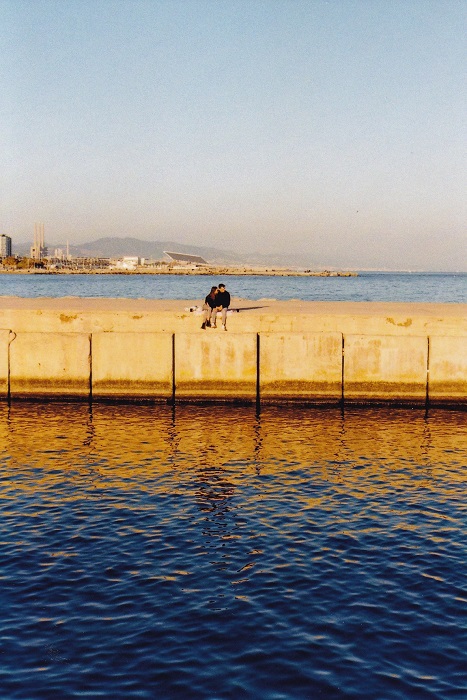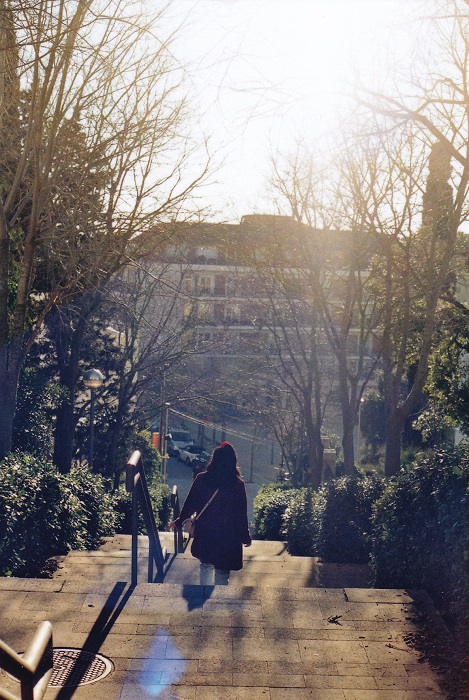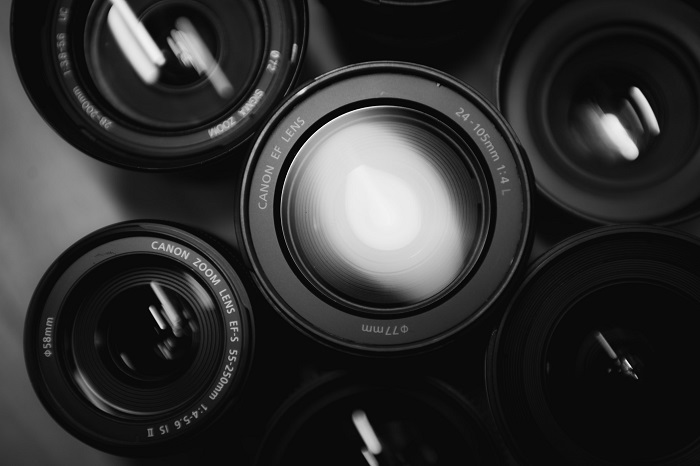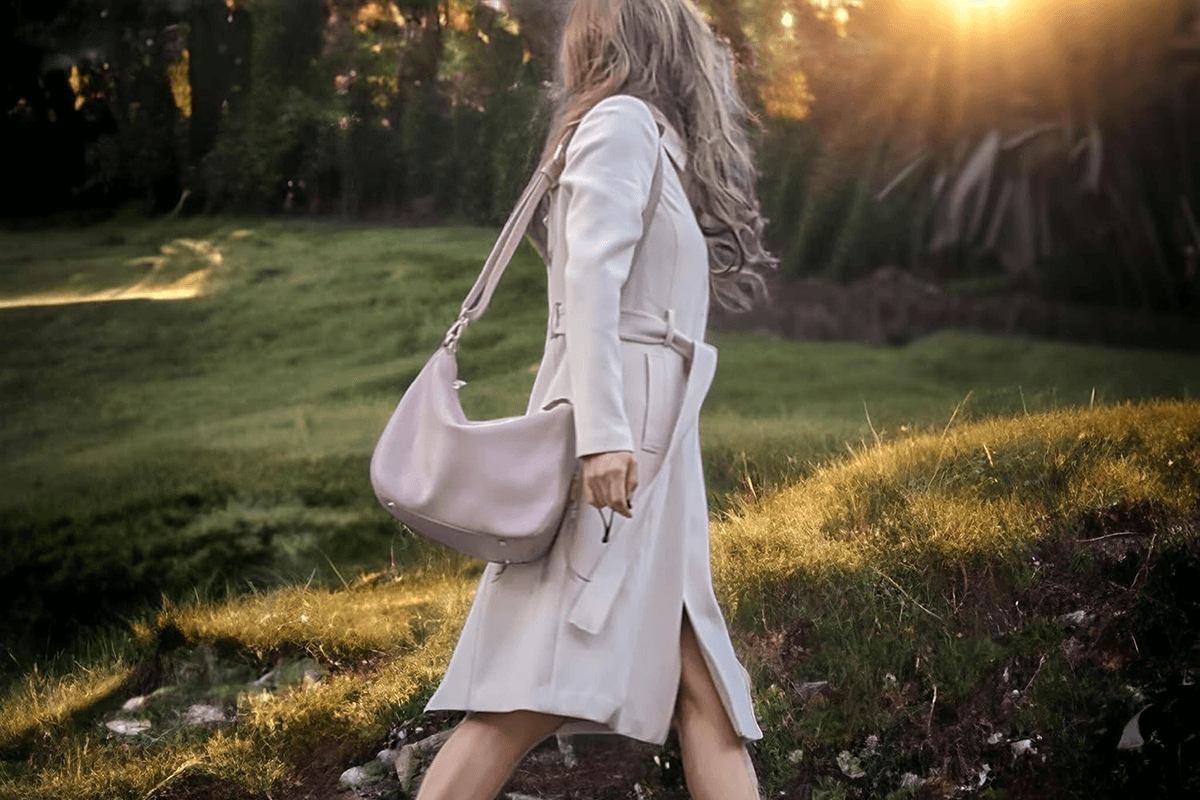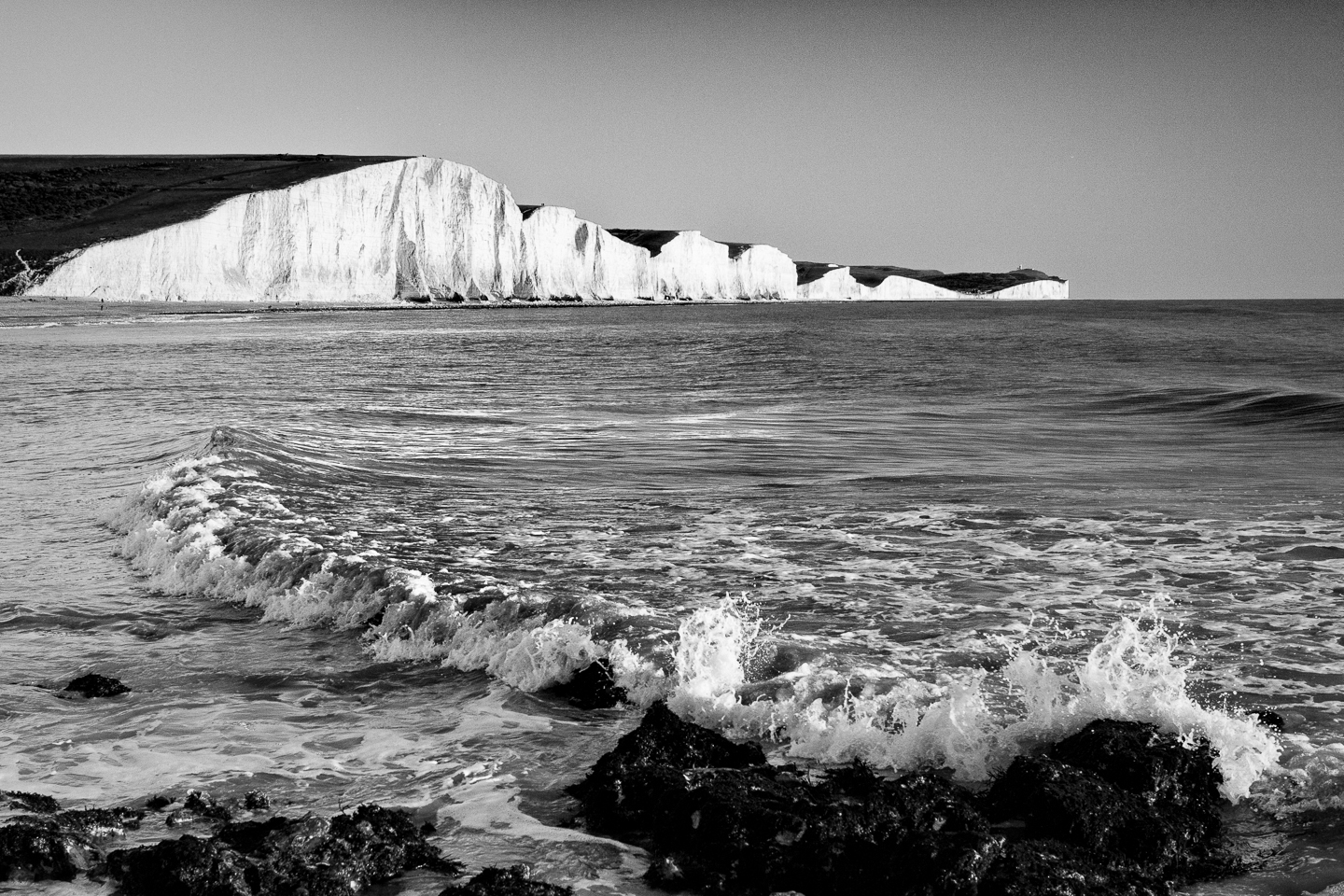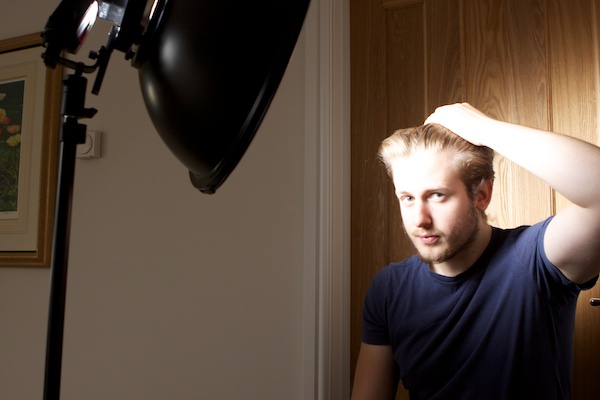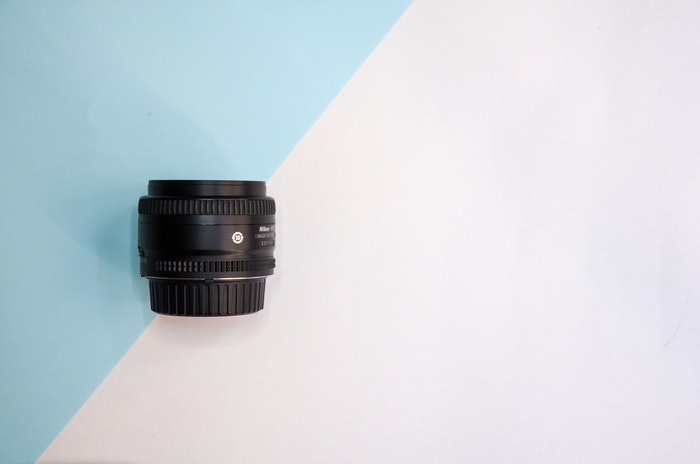The Canon AE-1 is a classic film camera. It certainly looks the part with a robust design that has a timeless mechanical elegance. Anyone who has looked into buying an older model will be familiar with the name. It often appears on “Best Vintage Camera” lists.
Canon made the Canon AE-1 in 1976. It was their most successful attempt at a 35mm SLR camera. The competition was hot between Canon, Nikon, and Olympus. Even so, the AE-1 was a huge success. It had mass-market appeal. And the camera is still popular with film photographers today.
But is the AE-1 worth purchasing today? Is it usable, and do the results stand up against modern competitors? Or does its appeal lie in nostalgia and a fashionable retro aesthetic? Let’s dive in!
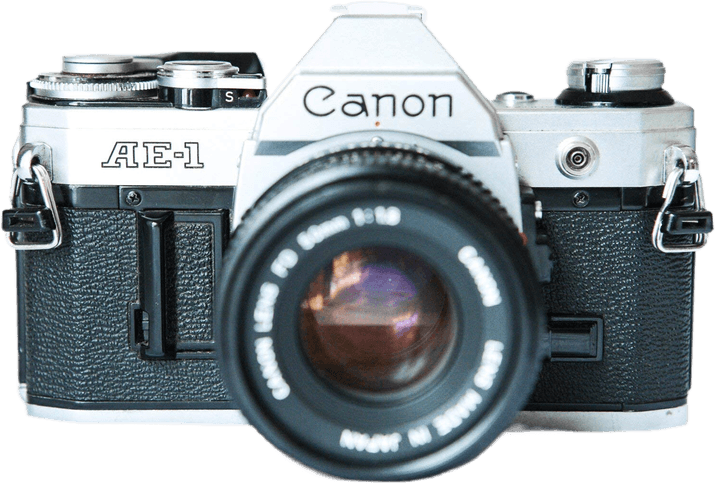
Overview of the Canon AE-1
The Canon AE-1 looks great. But, like with most things in life, looks aren't everything. A camera has to be easy to use, fun to shoot with, and the results have to be something special. For the most part, the Canon AE-1 achieves this.
Unlike older Canon cameras, the main body of the AE-1 is a mix of metal and plastic components. This serves to reduce the production and sales costs and made for a more lightweight camera. But the downside is a relative lack of durability compared to all-metal models.
The AE-1 has been out of production since 1984, so many are over 35 years old. Their age can mean finding one in full working order needs some searching.
One common trait of older Canon Cameras is the “Canon Squeal”. It’s a noise made by some plastic components when they aren’t in the best condition. Usually, the camera will work fine even if it does squeal.
I purchased my AE-1 online from a reputable seller in Japan for the price of 125 GBP. My research before buying suggested that this was a reasonable price for this model. It was in good condition and included a 50mm lens.
There are many options online. Some sell just the body, while others offer bundles with lenses and accessories included.
The most important thing is making sure you are purchasing from a reputable seller, especially when it comes from overseas. And be aware that there may be import taxes to be paid on top of the camera’s price.
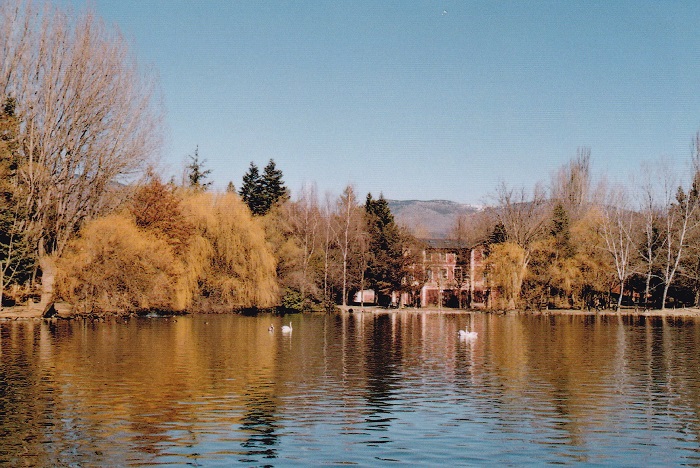
Film: Fujicolo C200
Who Would Want a Canon AE-1?
It's fair to say that the Canon AE-1 no longer has the mass appeal it had back in 1976. Today it is a camera for 35mm geeks. For photographers who enjoy the analog approach to taking pictures.
I would not recommend this camera to absolute beginners. The trial and error required to get the hang of a new camera may prove costly. The expense alone may put people off.
The auto functions on the AE-1 are minimal. This might dissuade people who want to go out snapping straight away, especially when there are so many modern options.
Beginners may also be turned off the AE-1 by the hunting involved in finding one. But, to the established fans of 35mm, the hunt is part of the fun!
This camera is perfect for an intermediate photographer with enthusiasm for 35mm. Its simplicity is ideal for those early steps away from fully automated cameras. And, the AE-1 produces lovely images that prove to be a real source of encouragement.
Key Features of the Canon AE-1
Let’s have a look at the Canon AE-1 in a bit more detail.
Mount and Compatibility
The Canon AE-1 has an FD breech-lock lens mount and will accept all Canon FD lenses. The later New FD (FDn) lenses are compatible too.
The AE-1 is not compatible with Canon’s later EF lens mount. This reduces the flexibility to mix and match with newer Canon lenses.
Although, there are over 50 FD lenses compatible with the AE-1, from FD 15 mm f/2.8 SSC to FD 300mm f/5.6. There are also specialist lenses, such as the 7.5mm circular fisheye and a 35mm tilt-shift lens.
Much like the camera itself, lenses will have to be hunted down. While perhaps off-putting for beginners, many photographers will love rummaging around a second-hand camera shop. There are some gems out there.
Lens prices vary depending on the condition and the type. When searching for second-hand gear, coming across a lens in mint condition is unlikely. But there are bargains to be found if you have the patience.
Image Quality
Image quality is Canon AE-1’s real strength. The developed photos will be crisp, clear and vibrant. If you get everything right, that is.
The condition of your AE-1 plays a massive part in the outcome. For example, a common problem is a slow mirror lift. It can either let too much light in, over-exposing the image. Or it causes a slight delay in the shot being taken.
Compared to modern cameras, the AE-1 has relatively limited shutter speed options. The manual dial has 13 options, from 1/1000 of a second to 2 seconds. And the B stop for manual shutter control.
There are 9 F. stops available from 1.2 to 22. There is a pointer on the inside of the viewfinder that indicates the necessary option needed.
The AE-1 does have a semi-automatic function on the lens. It selects the correct aperture depending on the light levels available. The user needs to turn all the way to option ‘A’ on the dial. It’s a useful function, but the photographer needs to select the right shutter speed.
The viewfinder isn’t the best. I find that I have to press my eye right up to the glass to frame the shots correctly. Your nose can get in the way.
The focusing is a delight. All the Canon lenses I’ve used have a wonderfully smooth roll action when turning to focus. The downside is that the action is a bit slow. But, this seems to be a feature with many older analog cameras.
The Canon AE-1 is limited in scope. It’s not ideal for shooting sports or action. I wouldn’t recommend it if the conditions are going to change frequently. And, the AE-1 has no video or burst modes.
You will need to know what you’re doing with the shutter speed and F. stop. You will be limited by the ISO of the film that’s in the camera at the time.
This may sound like a lot of work, but even by your second roll of film, you will get the hang of it. And trust me, the results with the AE-1 one will be worth it.
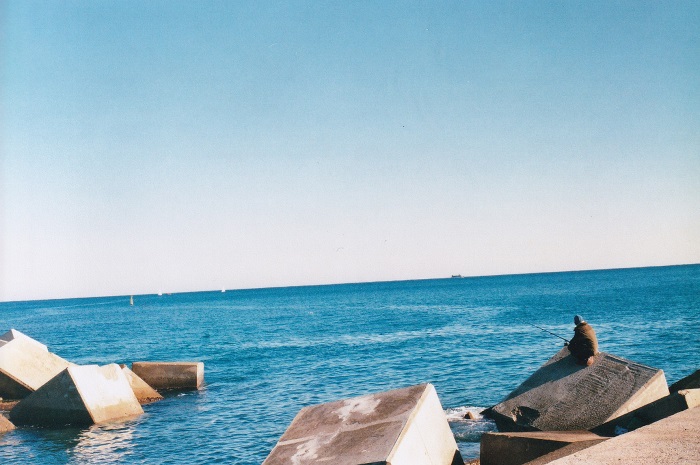
Film: Fujicolor C200
Body and Handling
The AE-1 is lighter and easier to handle than many other old cameras. This is because it has a lightweight camera body made of metal and plastic. But you would not consider it a lightweight camera by today’s standards.
It's not outrageously heavy. But it won’t take long for you to feel it when it’s around your neck. So you might experience some fatigue if you’re shooting all day.
In terms of size, the AE-1 is pretty convenient. It is smaller than many modern DSLRs, so it doesn’t take up much space in your pack. It is a compact and well-built camera.
Everything on the AE-1 is manual. You will need to wind the film when you first insert it and when the roll is complete. The ISO and shutter speed dial is small but easy to move. And, the arm for cocking the film for the next shot has a lovely mechanical feel.
I find the battery the most problematic area with this camera. The AE-1 needs a 4LR44 battery to function. You can easily find replacements online, but the battery compartment is small and replacing batteries is fiddly. Thankfully, the camera uses very little power, and the battery test button is a handy extra.
The Canon AE-1 is a surprisingly pleasant camera to hold. The design is simple and angular, but it fits nicely into your hands.
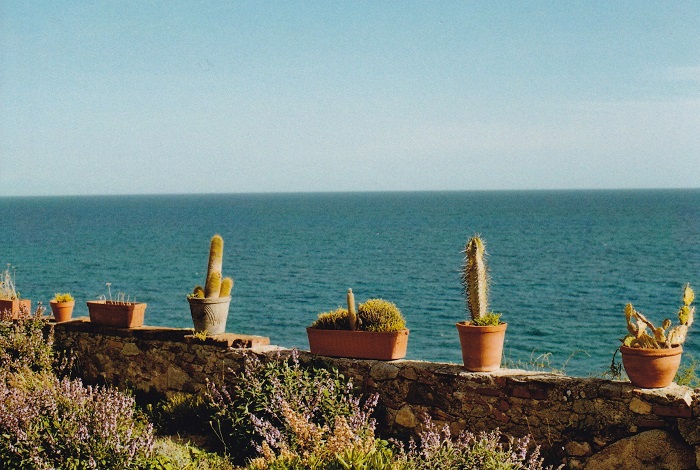
Film: Kodak Gold 200
The Competition
For those in the market for a classic 35mm SLR, the Canon AE-1 is not the only option available. There are other cameras in this category. In the 1970s and ’80s, the leading camera makers were competing to create the perfect mass-market camera.
The Pentax K1000 is perhaps the simplest of the competitors. The basic functions run without the need of a battery, and the only adjustable controls are the shutter speed, aperture and focus. This is an ideal 35mm camera for beginners.
The Olympus OM-1 is similar to the Canon AE-1. It was designed to have the same mass-market appeal, has a simple set of functions, and produces excellent images. Even so, it is considered inferior to the Canon by some.
The Minolta X-700 offers a step up in terms of technology. It has automatic settings for shutter speed and aperture size. This allows for greater freedom and flexibility when shooting in changeable conditions.
The Nikon FM2 was the most advanced for the time. It boasts a shutter speed as quick as 1/4000th second, which is like lightning compared to the AE-1's 1/1000th second. But, the functions of the Nikon mean it is more complicated to use. The FM2 is a camera for shooters who already have experience with traditional SLR cameras.
The price for these classic cameras can vary greatly. Condition and where you find them can play a massive role in determining the price. Online retailers with mint condition classics tend to know what they have. It means the camera may be more expensive, but you can be assured of the quality.
The Olympus OM-1 tends to be the cheapest of the bunch. And there are plenty out there. The Canon AE-1 sits in the middle price bracket with the Minolta X-700. The Nikon FM2 has the biggest price tag and are the most difficult to find, even online.
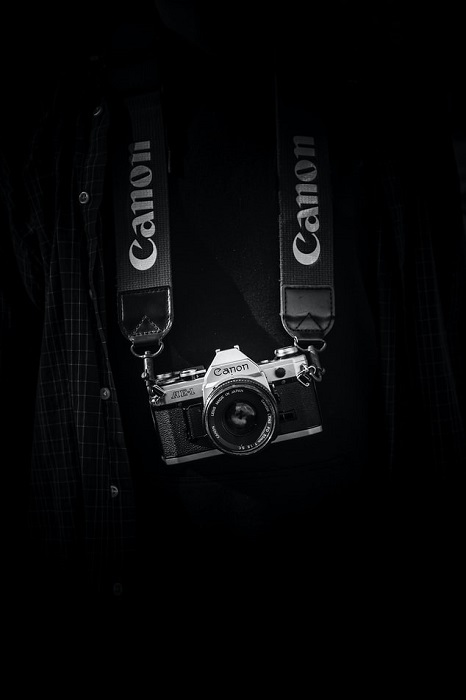
Conclusion
So, is the AE-1 the best 35mm camera ever?
The Canon AE-1 isn't perfect. It’s chunky, heavy, and takes some getting used to. Its options and functions are limited. It lacks the versatility of modern cameras, and the conditions have to be favourable to get the best results.
The Canon AE-1 isn’t for everyone. But, for those who wish to indulge themselves in the world of 35mm photography, then I highly recommend it. If you enjoy a more manual and hands-on approach, or if you are moving away from digital photography, then the AE-1 is the camera for you.
Camera technology has come a long way in the last 40 years. In terms of functionality, the Canon AE-1 can’t really compete. But film photography isn’t about high-tech functions and features. It’s about the relationship between the photographer and their camera. And, to get the best results, you need to work together.
The Canon AE-1 isn’t perfect. It isn’t for absolute beginners and won’t be anyone’s first camera. But, it will make you fall in love with 35mm photography. If you ask me, the Canon AE-1 is the best classic 35mm camera.
Indulge your love of photography and find one!

